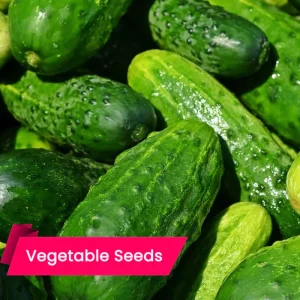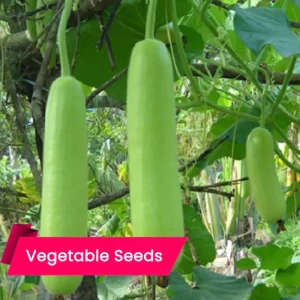Reliable Seed Suppliers:
Look for reputable seed companies known for their quality and reliability. They often offer a wide variety of seeds, including heirloom and organic options.
Climate and Growing Conditions:
Before selecting seeds, consider climate, soil type, and available sunlight.
A Variety of Vegetables:
Aim for diversity in your kitchen garden by selecting a variety of vegetables that you enjoy eating and cooking with. Include staples like tomatoes, cheera, brinjal, bottle gourd, and cucumber.
Plant at the Right Time:
Some seeds can be directly sown into the garden, while others may need to be started indoors several weeks before the last frost date.
Provide Proper Care:
Once your seeds have germinated and seedlings have emerged, provide proper care including regular watering, adequate sunlight, and appropriate spacing. Monitor for pests and diseases, and take steps to address any issues that arise.
Harvest and Save Seeds:
As your plants mature, harvest fruits and vegetables regularly to encourage continued production. If you’re using heirloom or open-pollinated seeds, consider saving seeds from your healthiest and most productive plants for future plantings. Gardening is a continual learning process, so don’t be afraid to experiment with different varieties of seeds and gardening techniques.
Tomato
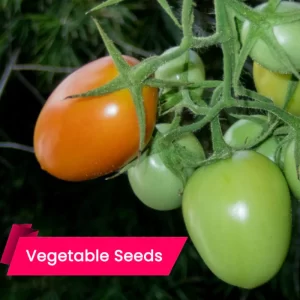
Tomato NS 538 Swaraksha is an early-maturing determinate hybrid tomato variety. It is a square-round fruit shape, with each fruit weighing about 80-90 grams. This bacterial wilt-tolerant hybrid exhibits high yields and resistance to Tomato Leaf Curl Virus, making it a reliable choice for tomato cultivation.
Cheera
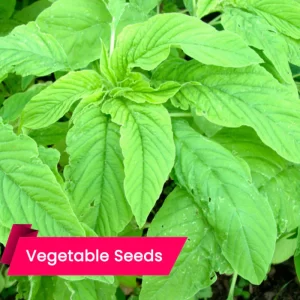
Cowpea
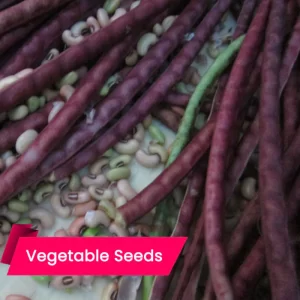
Cucumber
